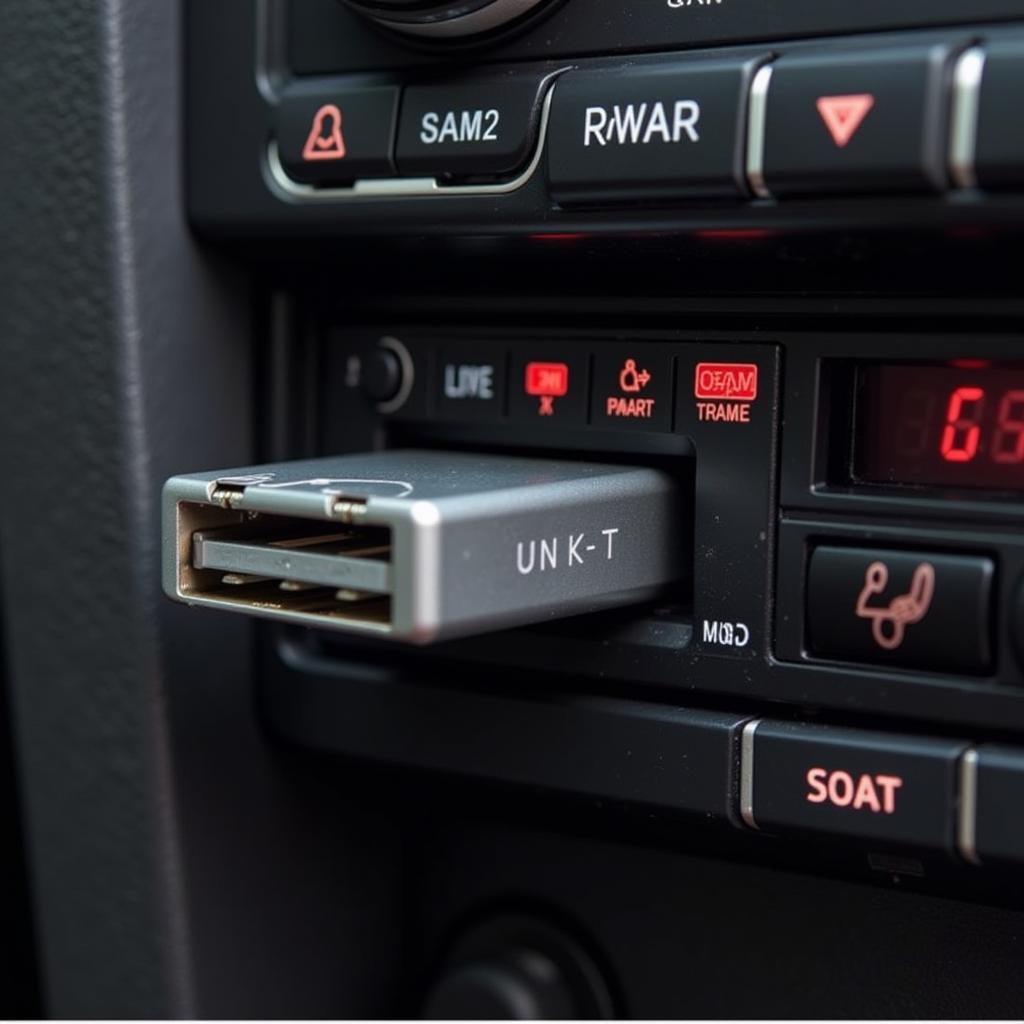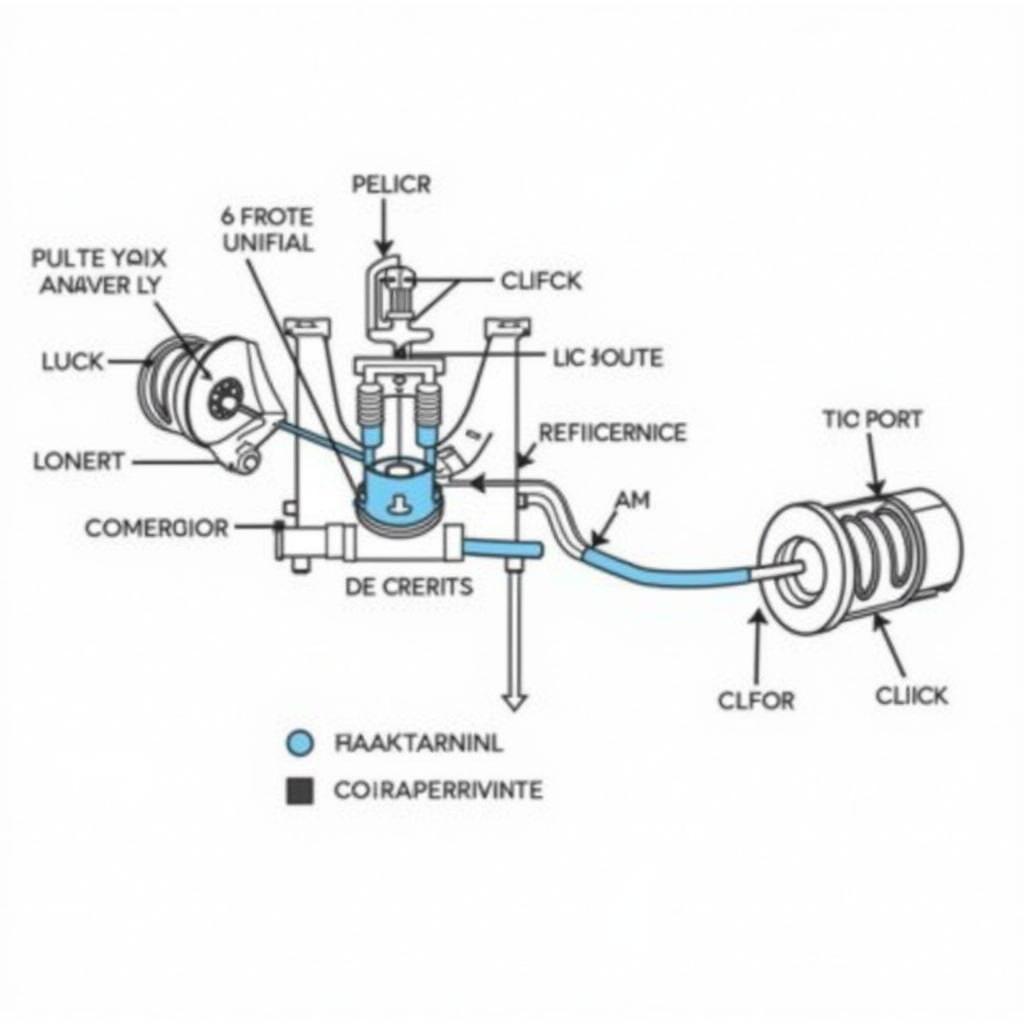Choosing between a car loan with a floating or fixed interest rate is a crucial decision that significantly impacts your overall borrowing cost. Understanding the nuances of each option will empower you to select the loan that best aligns with your financial situation and risk tolerance. floating vs fixed interest rate car loan Let’s delve into the details of each type of interest rate and provide you with the knowledge you need to make a well-informed decision.
Understanding Fixed Interest Rate Car Loans
With a fixed interest rate car loan, your interest rate remains constant throughout the loan term. This predictability provides stability and allows for accurate budgeting as your monthly payments remain consistent. Fixed rates are generally preferred during periods of rising interest rates, offering protection against potential increases.
Benefits of a Fixed Interest Rate
- Predictability: Knowing your exact monthly payment for the entire loan duration simplifies budgeting.
- Stability: Shielded from market fluctuations, your loan remains unaffected by interest rate hikes.
- Peace of mind: Consistent payments provide financial peace of mind, especially for long-term loans.
Exploring Floating Interest Rate Car Loans
A floating interest rate car loan, also known as a variable rate loan, has an interest rate that fluctuates with market conditions. This means your monthly payments can increase or decrease over the loan term. Floating rates are typically lower than fixed rates initially, making them attractive when interest rates are expected to fall. fixed and floating interest rates for car loan
Advantages and Disadvantages of a Floating Interest Rate
- Potential for lower rates: If market rates decline, your monthly payments could decrease, saving you money.
- Flexibility: Floating rates offer more flexibility in a fluctuating market.
- Risk of higher rates: If interest rates rise, your monthly payments could increase, impacting your budget.
What is the difference between a fixed and floating car loan?
The primary difference lies in the stability of the interest rate. Fixed rates remain constant, while floating rates fluctuate with market conditions.
Which is better: a fixed or floating rate car loan?
The “better” option depends on your individual circumstances and risk tolerance. If you prefer predictability and stability, a fixed rate is generally recommended. If you are comfortable with some risk and believe interest rates will fall, a floating rate might be more appealing. floating rate or fixed rate for car loan
How do I choose between a floating and fixed car loan?
Consider your financial situation, risk tolerance, and market forecasts. If you anticipate interest rate hikes, a fixed rate is safer. If you foresee rate cuts, a floating rate might be advantageous.
Factors Influencing Your Decision
Several factors can influence your choice between a Car Loan Floating Or Fixed:
- Current Market Conditions: Analyze current interest rate trends and expert predictions.
- Loan Term: Longer loan terms generally benefit from fixed rates due to the extended exposure to potential rate fluctuations.
- Risk Tolerance: Assess your comfort level with potential payment changes.
- Financial Stability: A stable income and secure financial situation may allow for more flexibility with a floating rate.
“Understanding your financial landscape and risk appetite is paramount when selecting between a fixed and floating rate car loan,” advises John Smith, Senior Financial Advisor at ABC Financial.
Making an Informed Choice for Your Car Loan
Choosing the right car loan requires careful consideration of your individual circumstances. By understanding the characteristics of fixed and floating interest rates, and factoring in market conditions and your own financial situation, you can confidently select the loan that best suits your needs.
“A fixed rate offers peace of mind, while a floating rate offers the potential for savings, but also carries a degree of risk,” adds Jane Doe, Loan Specialist at XYZ Bank.
In conclusion, choosing between a car loan floating or fixed is a personal decision. Carefully weigh the pros and cons of each option, considering your financial situation and risk tolerance. For personalized assistance and expert advice, connect with AutoTipPro at +1 (641) 206-8880 or visit our office at 500 N St Mary’s St, San Antonio, TX 78205, United States. We’re here to help you navigate the complexities of car financing and make the best decision for your needs. fix light in car visor how much does it cost to fix car paint
FAQs
- What is a car loan floating or fixed interest rate? A fixed rate stays the same, while a floating rate changes with market conditions.
- How do I calculate car loan payments? Use an online car loan calculator or consult with a financial advisor.
- What factors affect car loan interest rates? Credit score, loan term, and market conditions all play a role.
- Can I refinance my car loan? Yes, refinancing is often possible to secure a better interest rate or loan term.
- What is the typical loan term for a car loan? Loan terms typically range from 36 to 72 months.
- What happens if I miss a car loan payment? Late payments can negatively impact your credit score and may incur penalties.
- How can I get the best car loan rate? Shop around and compare offers from multiple lenders.







Leave a Reply